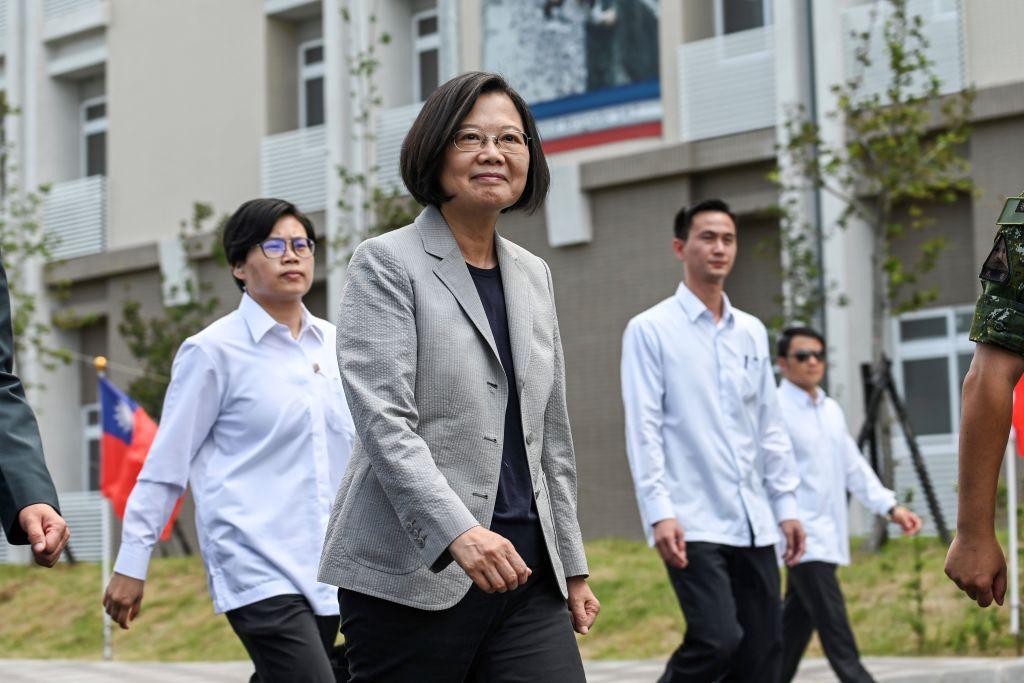TAIPEI, Taiwan—President Tsai Ing-wen had stern words for Beijing at a press conference on Sept. 16, after the island’s diplomatic ally, the Solomon Islands, voted to drop recognition of Taiwan in favor of China.
“Taiwan will never compete against Beijing in dollar diplomacy ... this is not how we engage in diplomatic relationships. What’s more, China’s promise of aid is often an empty check,” Tsai said, referring to China’s pattern of providing investments and loans to Taiwan’s allies so they will switch their diplomatic ties.





